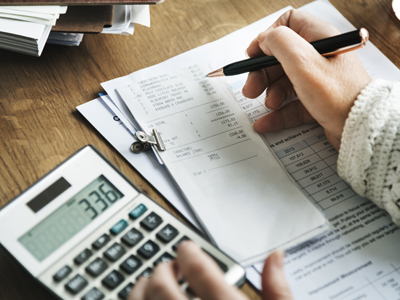

Benefits of Budgeting – Age 14-16
The closer children get to leaving school, the more important it is that they know how to handle money. This is a topic looked at often in KS4 PSHE lessons. In this quiz, written for students in years 10 and 11, we look at how to budget effectively, and the manifold benefits of saving.
Money is an important aspect of our lives. We need it to support ourselves, to save, and to spend. So, being able to manage our money is vital. We need to know how much we have coming in, how much going out, and what is left over for us to spend or save. This is called “budgeting”.
In this quiz we look at how to make a budget. We also show you how important it is to save and avoid getting into debt.
Aim to pay off all your debts before you start saving. That way you avoid having to pay interest
Mortgages also require a deposit so the more money you can save before you apply for one, the better.
In addition, having money set aside will be a great help when you come to retire. Yes, I know it is a long way off, but it’s never too early to start saving






